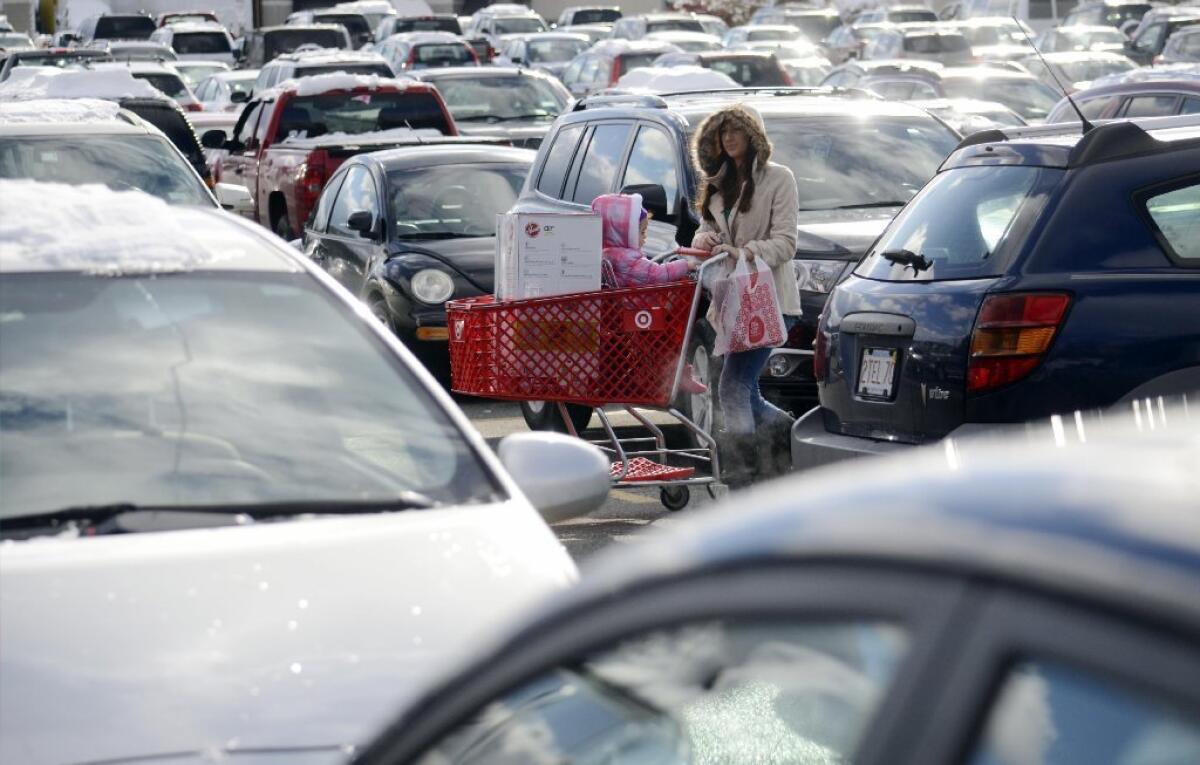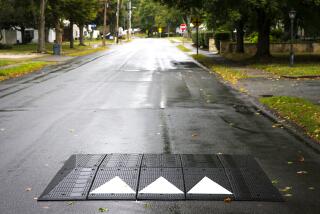Opinion: It’s not anti-feminist to advise basic caution in unsafe places

One of the popular anti-sexism tropes—actually, it’s a an old but revived trope—is that law enforcement and society in general should stop advising women to behave in ways that reduce the risks of their being attacked. Stop blaming the victim, they say, and instead stop the attackers.
There’s only one problem with it. Reality.
Most recently, a column by Darlena Cunha in the Washington Post objects to public-service announcements at malls over the holidays that advised shoppers to watch out for themselves in parking lots by taking such steps as walking purposefully, keys in hand, and avoiding looking at their cellphones. Cunha concludes, probably accurately enough, that the intended recipients of such messages are mainly women, though I’d hope my 6-foot-tall son would follow the advice. And she complains that the onus for avoiding attack is placed on women rather than potential attackers.
After all, she says, we don’t tell people to stay off the streets during times when drunken driving is most likely to occur over the holidays; we put out public-service messages against drunk driving.
But there is a huge difference between many drunk drivers and violent criminals. The former are people who might be generally law-abiding but don’t exercise enough caution. Except for the chronic offenders, they are at least somewhat receptive to messages telling them to be more careful. (It also doesn’t strike me as a bad idea to advise people to drive extra defensively on New Year’s Eve, and avoid extensive driving if that’s workable, because the roads are more dangerous.)
It’s hard for me to imagine a rapist or armed robber taking to heart these words coming over the mall speaker system: “For those violent scum out there, exercise caution. Don’t commit a horrendous felony on a fellow shopper.”
If police warn us to keep the doors of our houses locked, they’re not being unfair to householders. Ads asking thieves not to steal are not going to be as protective as householders taking basic safety measures. And to the extent that the parking-lot advice might have been meant more for women, there’s no getting around the fact that women, generally less physically imposing, are targeted more often as victims.
Cunha’s frustration strikes me as coming from a legitimate place. As a society, we have tended to blame women too often when they are victims of sexual assault. That has diminished somewhat over the decades, but it hasn’t gone away. We do too little to teach men that it’s simply unacceptable to harass women verbally or otherwise because they dress or look a certain way. A woman who wears a short dress or tight pants isn’t “asking for” rude comments or behavior or for sexual assault. It’s the man’s responsibility to behave appropriately, not hers to dress like a nun. There have been ridiculous comments that college girls are the ones to blame if they are assaulted after having some drinks at a frat party. (But it’s also not a bad idea to warn students that the combination of excessive drinking and wild parties creates a potentially dangerous situation worth avoiding.)
It’s similarly infuriating to read contentions that girls shouldn’t be allowed to wear leggings to school—warm, flexible, practical clothing—because that would “distract” the boys from their education. Any distraction is the boys’ problem, not the girls’.
But we’re not blaming women when we advise them, as well as men, to take basic safety precautions. Drive defensively, and walk with purpose and without distraction in potentially dangerous places. Yes, an attack is the attackers’ fault, not the victim’s, but I’m not offended by an approach that actually reduces the chances of attack. I kind of doubt the attackers are listening to our most civilized advice.
Follow the Opinion section on Twitter @latimesopinion
More to Read
Start your day right
Sign up for Essential California for news, features and recommendations from the L.A. Times and beyond in your inbox six days a week.
You may occasionally receive promotional content from the Los Angeles Times.







